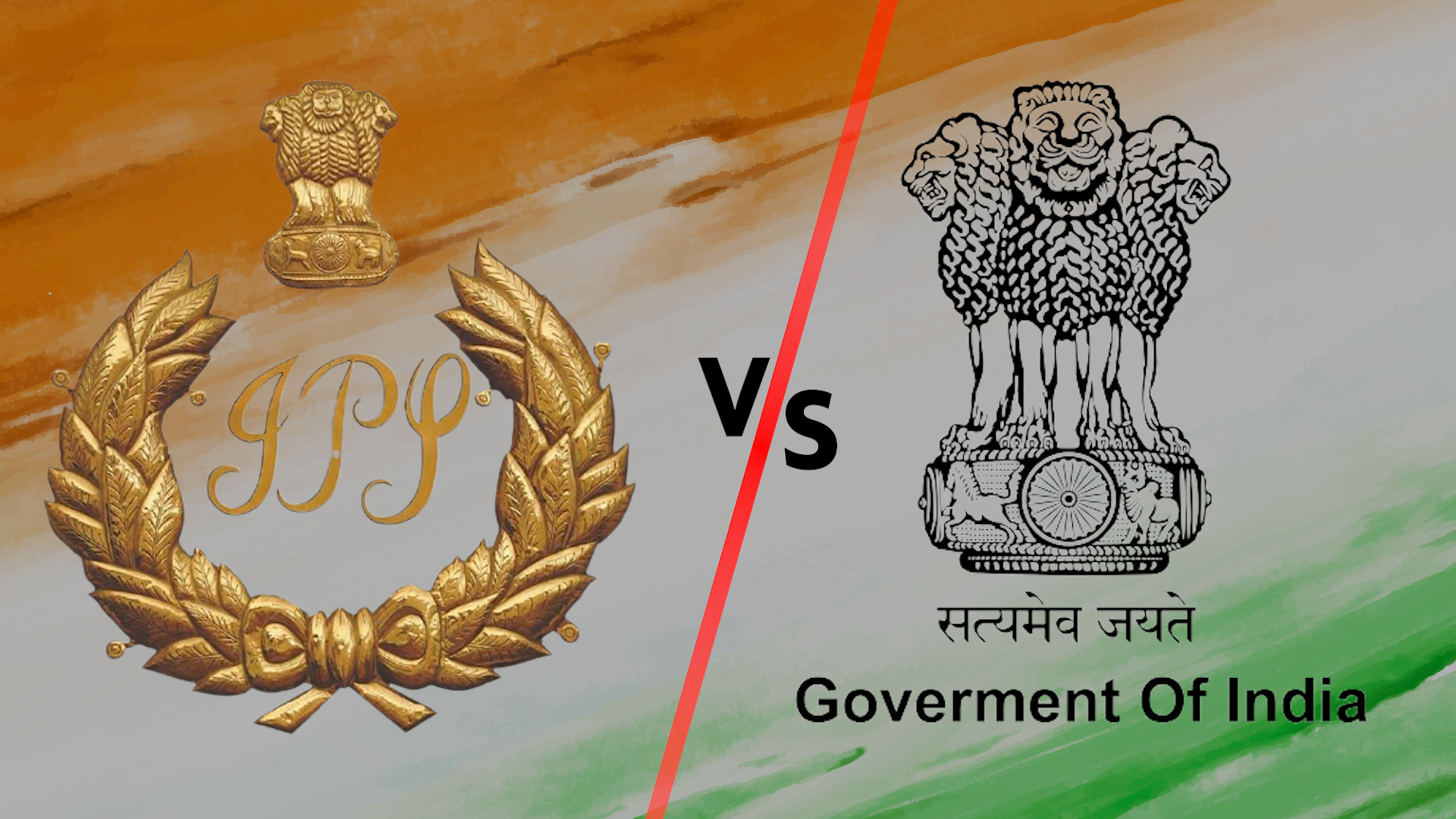Various opposition-ruled state governments have every right to protest against the Centre’s move to take over unilateral authority to post officers at the Centre, or wherever the Centre pleases. Only, if those regional parties’ point is that India’s federalism is being undermined, they are being hypocritical.
If they really valued federalism, they would have stood vociferously and firmly against the reduction of Jammu and Kashmir state to two union territories two-and-a-half years ago. That wasn’t just a curtailment of a privilege a state had had, it involved the scrapping of the state entirely.
That was a dangerous precedent for all those who value federalism. For, thereafter, other states, or portions of them, could also be turned into union territories without much ado.
In light of their muted response then, their cries now ring hollow in response to the Centre’s move to empower itself to summon any officer of an all-India service to work in the Union government, without seeking the concurrence of the state government concerned.
It does seem as if they are tightly focused on simply their own powers, rather than protecting the established system or cherished principles on which the constitution is based.
Constitutional changes
When the bills to make constitutional changes with regard to Jammu and Kashmir were brought to Parliament in August 2019, most of the opposition chose — like most people across the land — to focus on the `scrapping of Article 370 and Clause 35-A.’
That was the wrong focus for at least five reasons. One, Article 370 is still on the statute. Its inherent provisions were used to make it inoperative.
Two, Article 370 had made little operational difference in recent years. In fact, its effect was actually to weaken the rights of citizens of the state, while increasing the rights of the state government.
Sadly, almost no one, including our so-called political leaders, knows what Article 370 is, only that they feel passionately about it — either for or against.
The third why the opposition’s focus at that time was wrong is that Clause 35-A was replaced by a domicile law. So, the replacement of domicile guarantees in the constitution with a normal law made little operational difference.
The fourth reason was simplest: the removal of these constitutional provisions was clearly stated in the BJP’s election manifesto a few months before. The party had won a thumping majority, and so these clauses were going to go.
It was really the fifth reason that was the most important. Those changes were nothing compared with the enormity of scrapping the state, and reducing it to two union territories. That established a mind-numbing precedent.
It almost defies belief that various regional parties still went along with that move, even ignoring it while focusing their debates in Parliament on those clauses of the constitution. But that’s what many of them did. Incredible but true.
Inconsistency won’t wash
One misses MPs like Jyotirmoy Basu, Piloo Mody, Indrajit Gupta, Somnath Chatterjee, George Fernandes, or Saifuddin Chaudhary. Their laser-sharp wit, incisive analyses, and sage rhetoric would cut straight to the nub of an issue before the house, and put the government of the day on the mat.
Regional leaders like Jyoti Basu, J Jayalalitha, or Biju Patnaik too would have immediately realised the danger for their regions and their parties from the move to downgrade J&K to two union territories.
In an interview to me last summer, former J&K chief minister Omar Abdullah focused pointedly on how the opposition failed to stand against the reduction of the state to union territories. He didn’t talk about those clauses of the constitution, but his deep dismay at the opposition’s allowing the state itself to be scrapped.
It should be clear to opposition leaders, particularly those who lead regional parties, that the current Union government does not set much store by the principle of federalism.
The way they have been treated with regard to tax distribution, the sporadic talk of a single round of elections for both Parliament and state assemblies, and campaigns on the theme of `double engine ki sarkar’ all point to the tendency of the ruling party to move away from federalism.
The unmistakeable trend in countries across the world is towards strong, centralised rule. Some argue that this makes for efficiency and unity of purpose. Others argue, often quite vehemently, that this trend undermines the checks and balances inherent in democracy.
Yet others argue that tiered governance levels in a federal polity allows for an appropriate division of responsibilities for various kinds of governance responsibilities, ranging from town drainage to foreign policy.
Regional parties may prefer tiered governance. Indeed, they might emphasise the need for strong and independent state governments in a multi-cultural nation such as India. But, whatever their arguments might be for strengthening federalism, they must be coherent.
To cry foul over enhanced Central control over IAS, IPS, and other all-India cadre officers after having remained pretty smug when an entire state is scrapped doesn’t inspire confidence in the clarity of their thinking, or the consistency of their action.
(David Devadas is the author of The Story of Kashmir and The Generation of Rage in Kashmir.)
[Disclaimer: The opinions, beliefs and views expressed by the author are personal.]









